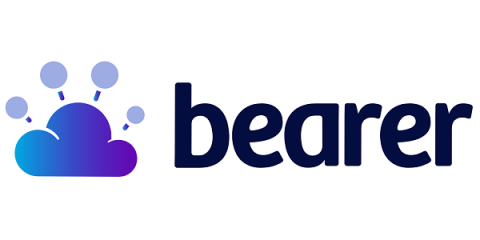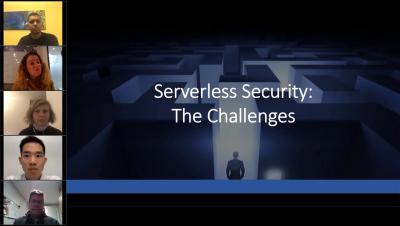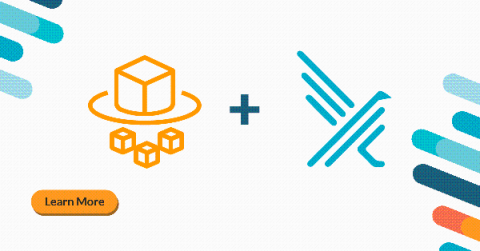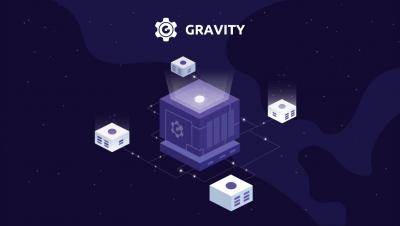Best Practices for Building API Integrations
Modern applications aren’t built in silos. They rely on the features of other applications. This reliance can come in the form of open-source libraries, access to a wealth of data, or complex features distilled down into a consumable API. Incorporating third-party dependencies into your own project can be challenging. It comes with the benefits of faster development, and the downside of reliance. There is a relationship that happens when using a dependency.









